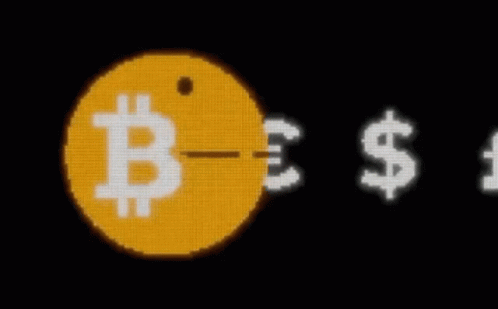- 🐷 WUPPLES® Crypto
- Posts
- Using Blockchain: Handling Money
Using Blockchain: Handling Money
Blockchain for Business (6 of 7)
Hi there!
Blockchain is typically associated with cryptocurrency, but there
are plenty of useful applications being worked on now that may help
your business get a head start on the competition.
In our last email, we looked at data asset management.
Today, let’s discuss handling money.
Blockchain technology and distributed ledger technology have a massive
opportunity to disrupt the current banking industry by taking out the
middleman on some of the key services traditional banks provide,
including the following:
• Payments: by establishing a decentralized ledger for payments,
blockchain technology could facilitate faster payments at lower
fees than current banks charge.
• Clearance and settlement systems: distributed ledgers can reduce
operational costs and bring us closer to real-time transactions
between financial institutions.
• Fundraising: Initial Coin Offerings (ICOs) are experimenting with
a new model of financing that unbundles access to capital from
traditional capital-raising firms and services.
• Securities: by tokenizing traditional securities like stocks, bonds,
and alternative assets — and placing them on public blockchains — blockchain
technology could create more efficient, interoperable capital markets.
• Loans and credit: by removing the need for intermediaries in the loan
and credit industry, blockchain technology can make it more secure to
borrow money — and provide lower interest rates.
• Trade finance: by replacing the cumbersome, paper-filled bills in the
trade finance industry, blockchain technology can create more transparency,
security, and trust among trade parties worldwide.
• Customer KYC and fraud prevention: by storing customer information on
decentralized blocks, blockchain technology can make it safer and easier
to share information between financial institutions.
Blockchain technology provides a way for untrusted parties to come to
an agreement on the state of a database without using a middleman.
By providing a ledger that nobody has to administer, a blockchain could
provide specific financial services like payments or securitization without
the need for a traditional bank.
Further, blockchain allows for the use of tools like smart contracts,
which are self-executing contracts based on the blockchain.
They could potentially automate manual processes from claims processing and compliance to distributing the contents of a will.
In in the next email, we’ll look at some tips & tricks of working with
cryptocurrency.
Until then,
🐷 WUPPLES®
P.S. Like 🐷 WUPPLES® tips & tricks? (share with friends...thanks!)
Win 🐷 WUPPLES® Bronze, Silver & Gold Ads!
You can win free ads for referring friends & family to our newsletter 👇
50 referrals - 🐷 WUPPLES® Bronze ad ($60.83 value)
150 referrals - 🐷 WUPPLES® Silver ad ($91.25 value)
350 referrals - 🐷 WUPPLES® Gold ad ($182.50 value)
{{rp_personalized_text}}
Copy and paste this link: {{rp_refer_url}}



Reply